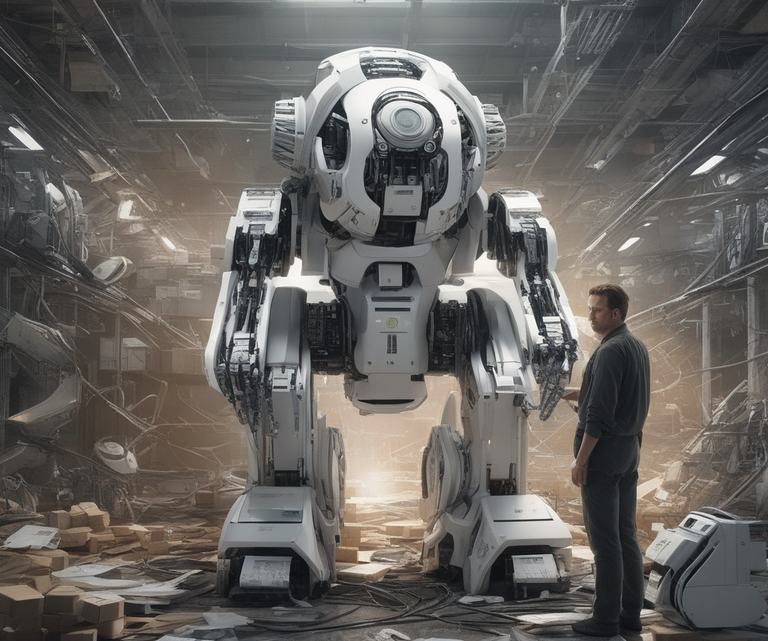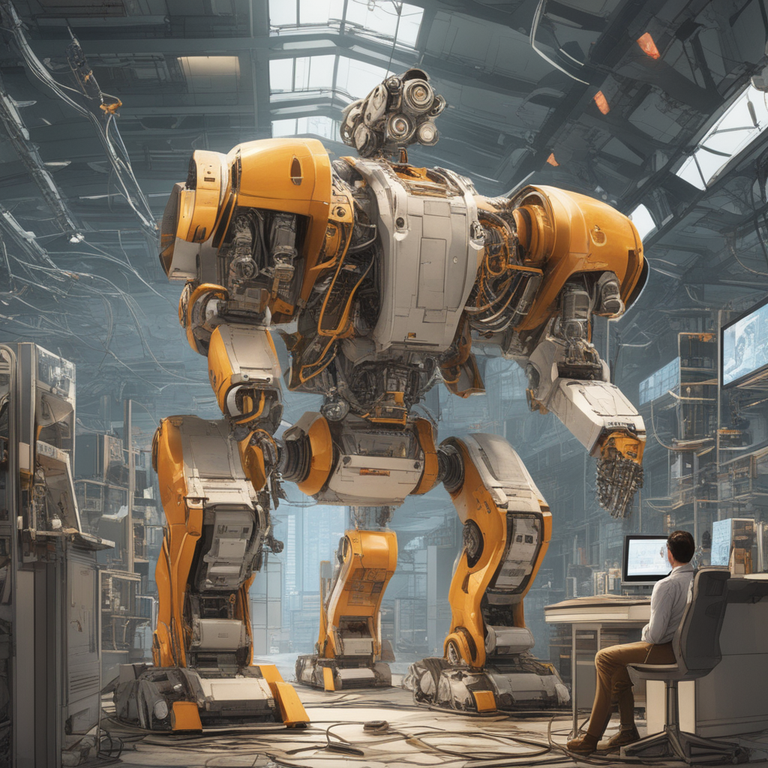“The Dwindling Tradesman: Our Real Crisis is Not AI, but a Shortage of Hands Willing to Keep the Lights On”


With every stride in technology, the public imagination swirls with notions of an artificial intelligence (AI) apocalypse, the moment machines decide to outwit their creators and rule the world. Yet, beneath the riveting narrative of a tech-induced catastrophe, a less dramatic but no less significant crisis unfolds: the steady attrition of the tradesman. The question we must ask isn’t so much whether robots will rise against us, but rather, who will keep the lights on when our seasoned tradespeople retire?
The Invisible Heroes: Tradespeople, the silent sentinels who keep our power humming and gas flowing, are nearing retirement age. Their departure will leave a gaping void not merely in manpower but in valuable, hard-earned expertise. Representatives from power and gas companies report the stark challenge they face: they simply can’t recruit enough replacements for these seasoned professionals.
A Twist of Irony: Here’s a quirky fact to ponder over your next candlelit dinner during a power outage. While we worry about AI superseding humans, our real concern should be the declining interest in critical, hands-on jobs that literally keep our homes and cities running. Instead of a robot uprising, it might be the lack of skilled humans that lands us in the dark.
Impending Repercussions: The implications of this tradesman shortage extend beyond the inconvenience of occasional blackouts. Essential services could face operational challenges, and the risk of slower response times during emergencies could potentially compromise safety. The resulting pressure on the existing workforce could lead to burnout, further compounding the issue.
Solutions to the Real Crisis: While our screens buzz with the next sci-fi AI threat, let’s turn our focus to some tangible, real-world solutions:
- Change the Narrative: Shift societal perceptions about trades jobs. Let’s celebrate the nobility in work that literally powers our lives and drives our comfort.
- Invest in Training: Industries and educational institutions must partner to create robust training programs, making trades roles more accessible and appealing.
- Mentorship Matters: Harness the wisdom of retiring tradespeople through mentorship programs. This not only preserves their knowledge but also instills a sense of continuity and tradition in the trade.
- Sweeten the Deal: Attract newcomers with financial incentives, such as competitive salaries, benefits, scholarships, or student loan repayments.
In Conclusion: So, as we stay vigilant about the future of AI, let’s not overlook the immediate, less glamorous crisis at hand. It’s not the machines we should worry about; it’s ensuring we have enough skilled humans ready to roll up their sleeves and keep the lights on. This, right now, is the real plot twist.
Let’s ignite this conversation, share the post, and invite discussions about the importance of tradespeople. If we act now, we can avoid an unnecessary sequel: “Life Without Power – When Humans Failed to Fill the Gap.”
